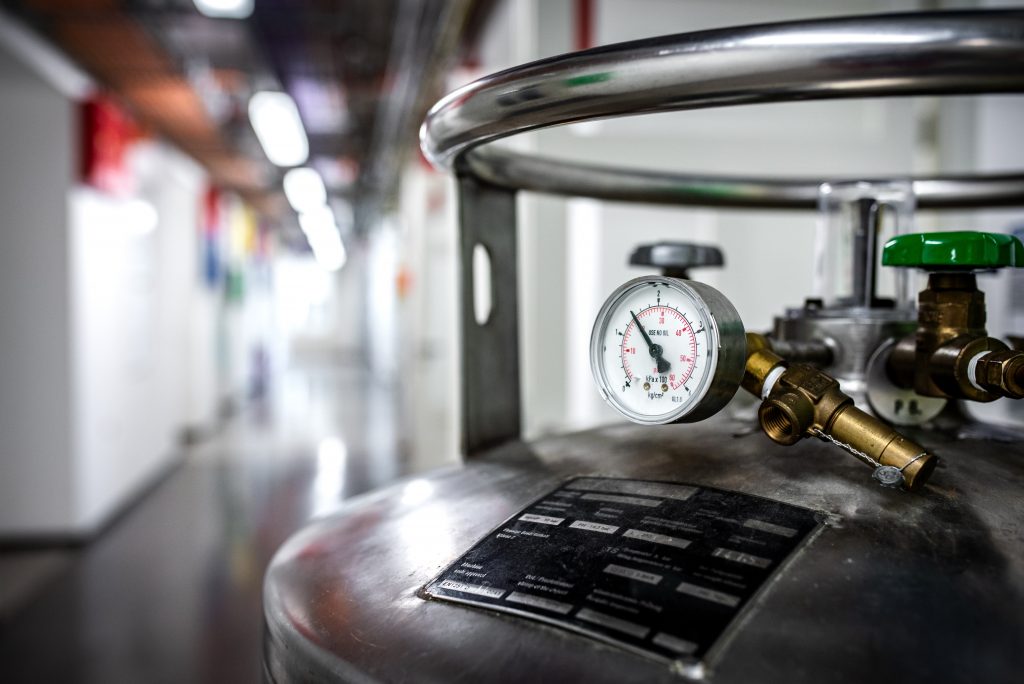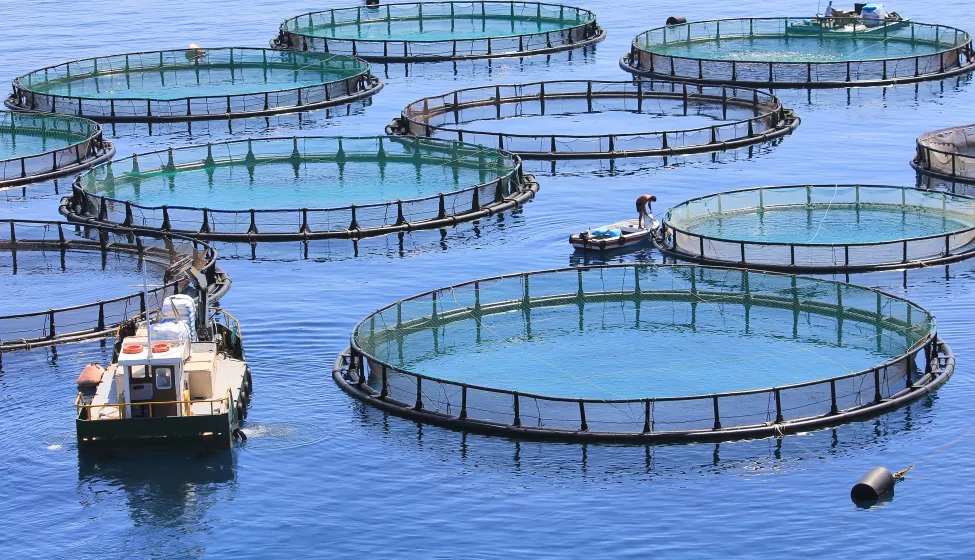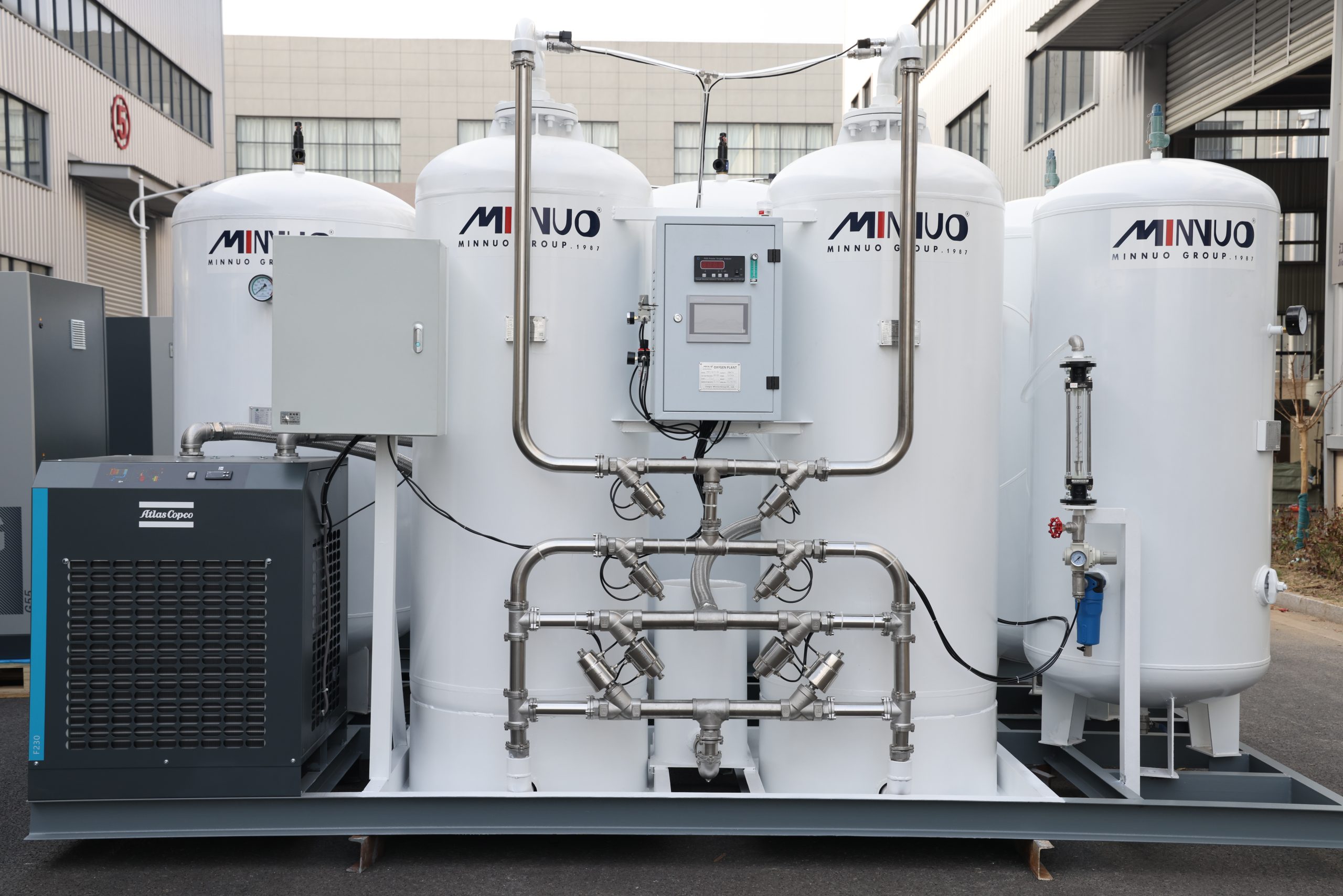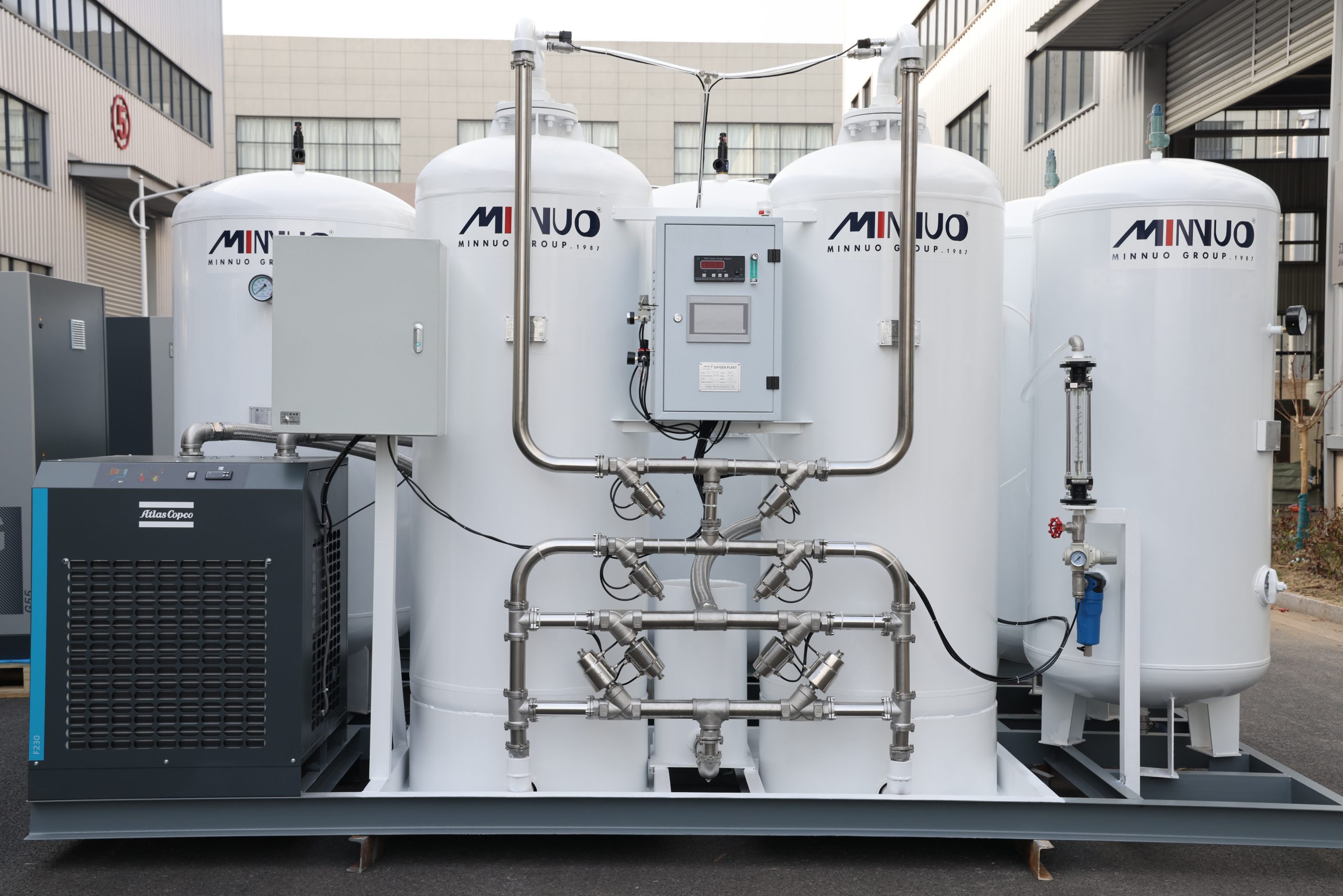Nitrogen – a colorless, odorless, inert gas – is a silent workhorse in numerous industries. Its high stability under normal conditions makes it invaluable in manufacturing processes. In the food and beverages industry, nitrogen aids in freshness preservation, preventing spoilage due to its abilities to replace oxygen, thus inhibiting bacterial growth. In the pharmaceutical sector, its use in blanketing ensures safe and explosive-free manufacturing. Nitrogen is also pivotal in electronics, providing an oxygen-free environment for the manufacture of semiconductors and microchips. Lastly, in chemical industries, nitrogen’s inert nature supports safe handling and transportation of volatile substances. Despite its ubiquity, it’s critical not to overlook the potential hazards of uncontrolled nitrogen use, reminding us of the importance of safe nitrogen gas generation and usage.
Is Nitrogen Dangerous?
When humans are overexposed, it may displace oxygen in the air, leading to an asphyxiant atmosphere. Immediate symptoms include:
- Shortness of breath
- Rapid pulse
- Dizziness
In severe instances, unconsciousness or even death can occur due to lack of oxygen, a condition known as asphyxiation.
Case studies of accidental nitrogen exposure underline these threats. For instance, improper venting has resulted in multiple recorded incidents of confined space asphyxiations in vessels and industrial plants. In a June 2003 bulletin, it was reported that in the U.S. industry, between 1992 and 2002, 80 deaths were attributed to nitrogen asphyxiation accidents.

Preventive measures against the dangers of nitrogen
Dealing with nitrogen carefully and effectively means understanding its properties and risks – it is colorless, odorless, and tasteless, but in high concentrations, it can displace oxygen, leading to an oxygen-deficient atmosphere and potential asphyxiation. Consequently, the following precautionary measures are pivotal in safe nitrogen handling:
1. Comprehensive Training and Education:
Training doesn’t just involve the emergency response to a nitrogen leak, but also education on the inherent properties of the gas – such as how nitrogen displaces oxygen. When nitrogen gets to a certain ratio, the oxygen proportionally decreases, which can lead to asphyxiation. Safe oxygen levels range from 19.5% to 23.5%, and anything below that can become hazardous.
2. Personal Protective Equipment (PPE):
Utilizing proper PPE where appropriate is essential. Personnel working closely with operations involving a possible nitrogen leak should have access to respiratory protection, such as Self-Contained Breathing Apparatuses (SCBAs). Designated emergency PPE, including oxygen masks and respiration devices, should be stored in easily accessible locations.
3. Oxygen Monitoring Systems:
Installing oxygen monitors in spaces where nitrogen is stored or used is crucial. These devices continuously measure the levels of oxygen and trigger an alarm when it falls below its safe level. Regular maintenance of these monitors is indispensable to ensure their proper functioning.
4. Ventilation Systems:
Proper ventilation, either through natural means such as open doors and windows or forced-air ventilation systems, can prevent nitrogen buildup, reducing the risk of an oxygen-deficient environment.
5. Emergency Protocols:
It is obligatory to establish and enforce emergency response plans for possible nitrogen leaks or overspills. These protocols should outline immediate action to be taken, such as personnel evacuation, system shutdown, medical treatment availability, and emergency services notification.
6. Safe Storage and Handling:
Nitrogen cylinders should be stored in a dry, well-ventilated area that’s kept away from direct sunlight, heat sources, and high-traffic routes. Cylinders should always remain upright. When in use, it’s important to utilize pressure control devices to manage the high pressures within the storage cylinders.
Emergency Procedures for Nitrogen Exposure
In case of nitrogen exposure, the following emergency procedures should be implemented swiftly:
1. Evacuation: Quickly vacate the affected area to avoid further exposure. Avoid rapid movements that may intensify respiratory distress.
2. Call for Assistance: Immediately alert the relevant authorities or emergency services and provide specific information about the nature of the incident.
3. First Aid: If the victim is conscious and can breathe, administer 100% oxygen while waiting for medical assistance.
4. CPR: If the victim has lost consciousness and/or shows no signs of life, trained personnel should start Cardiopulmonary Resuscitation (CPR) immediately.
5. Never Re-enter without PPE: The area should not be re-entered without personal protective equipment, due to the potential persistence of low oxygen levels.
6. Incident Investigation: Once the immediate emergency has passed, the incident should be investigated thoroughly to prevent future occurrences.
Minnuo efficiently meet your safety nitrogen needs
Our nitrogen generators ensure a steady, reliable, and safe supply of high-purity nitrogen gas, significantly mitigating risks associated with nitrogen cylinder handling and transportation.
Every Minnuo nitrogen generator is equipped with top-notch safety features and sensors to monitor oxygen levels continuously, providing an added layer of safety to your operations. We also emphasize the importance of training, offering expert guidance on operational procedures and emergency responses.






 sales2:+86 17506119168
sales2:+86 17506119168

